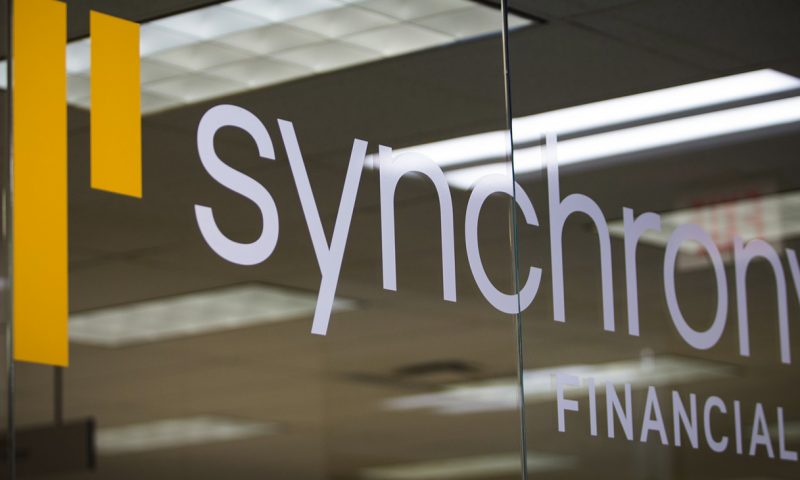Synchrony Financial is a Synchrony Financial, originally a spin-off of GE Capital’s retail financing business, is the largest provider of private-label credit cards in the United States by both outstanding receivables
Among the S&P 500’s biggest fallers on Tuesday March 23 was Synchrony Financial (SYF). The stock experienced a 4.29% decline to $38.80 with 9.35 million shares changing hands.
Synchrony Financial started at an opening price of 40.06 and hit a high of $40.40 and a low of $38.45. Ultimately, the stock took a hit and finished the day at $1.74 per share. Synchrony Financial trades an average of n/a shares a day out of a total 583.88 million shares outstanding. The current moving averages are a 50-day SMA of $n/a and a 200-day SMA of $n/a. Synchrony Financial hit a high of $43.62 and a low of $12.25 over the last year.
Synchrony Financial, originally a spin-off of GE Capital’s retail financing business, is the largest provider of private-label credit cards in the United States by both outstanding receivables and purchasing volume. Synchrony partners with other firms to market its credit products in their physical stores as well as on their websites and mobile applications. Synchrony operates through three segments: Retail card (private-label and co-branded general-purpose credit cards), Payment solutions (promotional financing for large ticket purchases), and CareCredit (financing for elective healthcare procedures).
With its headquarters located in Stamford, CT, Synchrony Financial employs 16,500 people. After today’s trading, the company’s market cap has fallen to $22.65 billion, a P/S of n/a, a P/B of 1.89, and a P/FCF of n/a.

